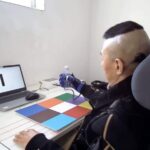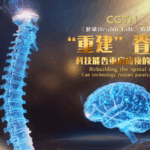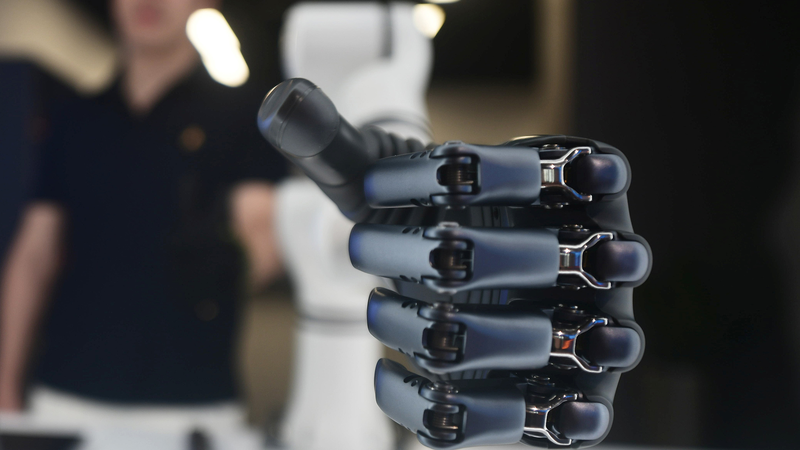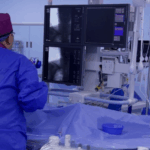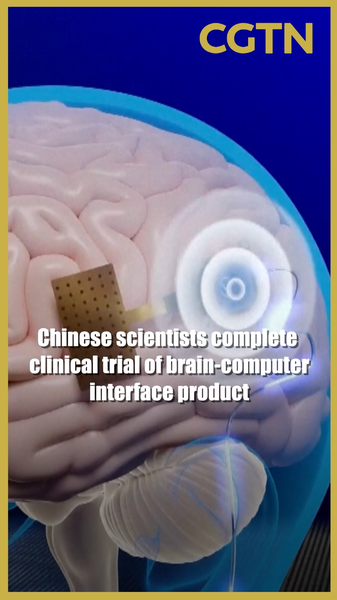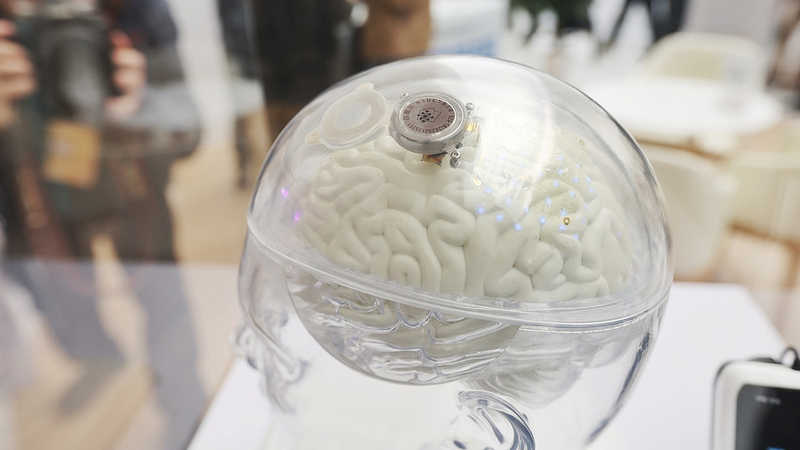Imagine regaining movement in paralyzed hands through pure brainpower ⚡. That’s the reality for stroke patients testing a revolutionary 'sixth finger' device developed by Tianjin University’s neural engineering team. In a lab scene straight out of sci-fi, one patient recently lifted a bottle using a wrist-mounted prosthetic controlled by her brainwaves – without invasive surgery.
Third-year PhD student Wang Zhuang describes the emotional moment: 'Her tears said everything. This tech isn’t just about gadgets – it’s rebuilding lives.' The non-invasive brain-computer interface (BCI) cap reads neural signals, letting users mentally command the robotic digit while retraining damaged nervous systems 🧬.
China’s BCI sector is booming 🚀, with 200 medical companies pushing boundaries. While 75% focus on external devices like the 'sixth finger,' others explore implantable tech. Colleague Mei Jie even built a mind-controlled drone! 'We’re just scratching the surface,' Mei says, comparing research to patient farming 🌱 – slow growth with big rewards.
Backed by national innovation guidelines, these advances could reshape rehabilitation globally. As Wang puts it: 'Our mission? Use tech to write new endings for stroke survivors.' 📈
Reference(s):
Brain-computer interface tech offers new hope for stroke patients
cgtn.com

